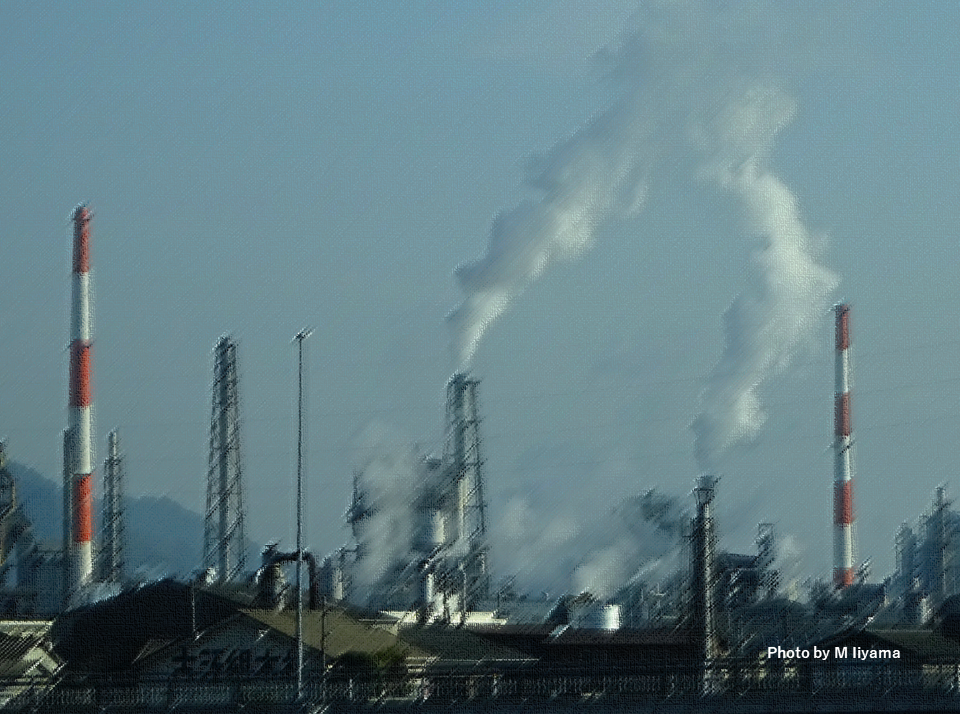Pick Up
910. Key Agenda at COP28

910. Key Agenda at COP28
COP28 is being held in Dubai, United Arab Emirates, from November 30 to December 12. What is COP28 and why is it important? Here is an excerpt from the UN blog on November 28th.
COP stands for Conference of the Parties. The COP of the United Nations Framework Convention on Climate Change (UNFCCC) is the highest decision-making body of the member states for solving the borderless global problem of climate change and is held annually. The UNFCCC-COP entered into force in 1994 with the aim of preventing dangerous human interference with the climate system. It currently has 198 participating countries and organizations. The Paris Agreement, adopted in 2015, is also the first binding international treaty on climate change under the COP.
At COP 28, a global stocktake will be conducted to periodically review progress around the world towards the Paris Agreement's goals and long-term objectives. The Paris Agreement calls for efforts to limit the global average temperature increase after 2020 to 1.5 degrees Celsius, well below the 2 degrees Celsius increase above pre-industrial levels; the agreement presented in Paris in 2015 was followed by plans presented in Katowice (COP24) and Glasgow (COP26), and the transition to implementation was confirmed in Sharm el-Sheikh (COP27). At COP 28, parties are expected not only to agree on the content of concrete measures to be implemented, but also to show how they will be implemented.
The topic of discussion at COP28 is undoubtedly the health of our planet and the well-being and prosperity of humanity. Antarctic sea ice is at an all-time low, and the record for September is 1.5 million square kilometers less than the same period in previous years, an area equivalent to Portugal, Spain, France and Germany combined. It is feared that what is happening in Antarctica could have devastating effects thousands of miles away. Unsustainable energy and land use has already warmed the world by 1.1°C above pre-industrial levels, and if this trend continues, a warming of 3°C could occur. UN Secretary-General Guterres reportedly said that “Antarctica has been called the sleeping giant, but it is now being awoken by climate chaos" and that "humanity may have opened the gates of hell”.
To avert a climate crisis, we must reduce greenhouse gas emissions by 45% below 2010 levels by 2030, achieve net zero emissions by 2050, transition from fossil fuels to renewable energy in a just and equitable way, and scale up investment in adaptation and resilience to climate disruption. In addition, developing countries must secure climate finance and ensure that it is sufficient to implement the Loss and Damage Fund agreed at COP 27. COP28 in Dubai aims to turn the tide of the climate crisis by turning these challenges into ambitious climate action.
Contributor: IIYAMA Miyuki (Information Program)
